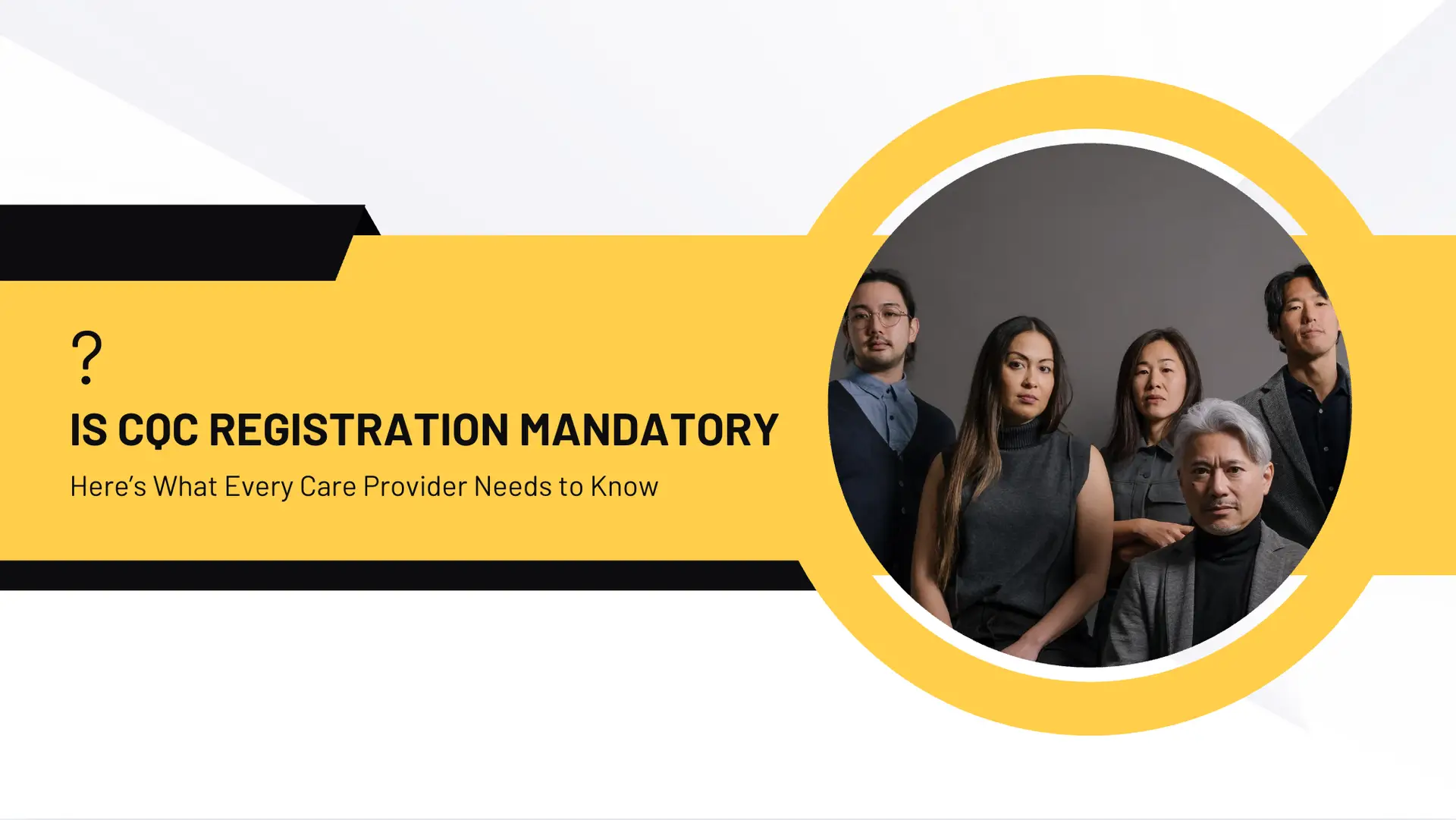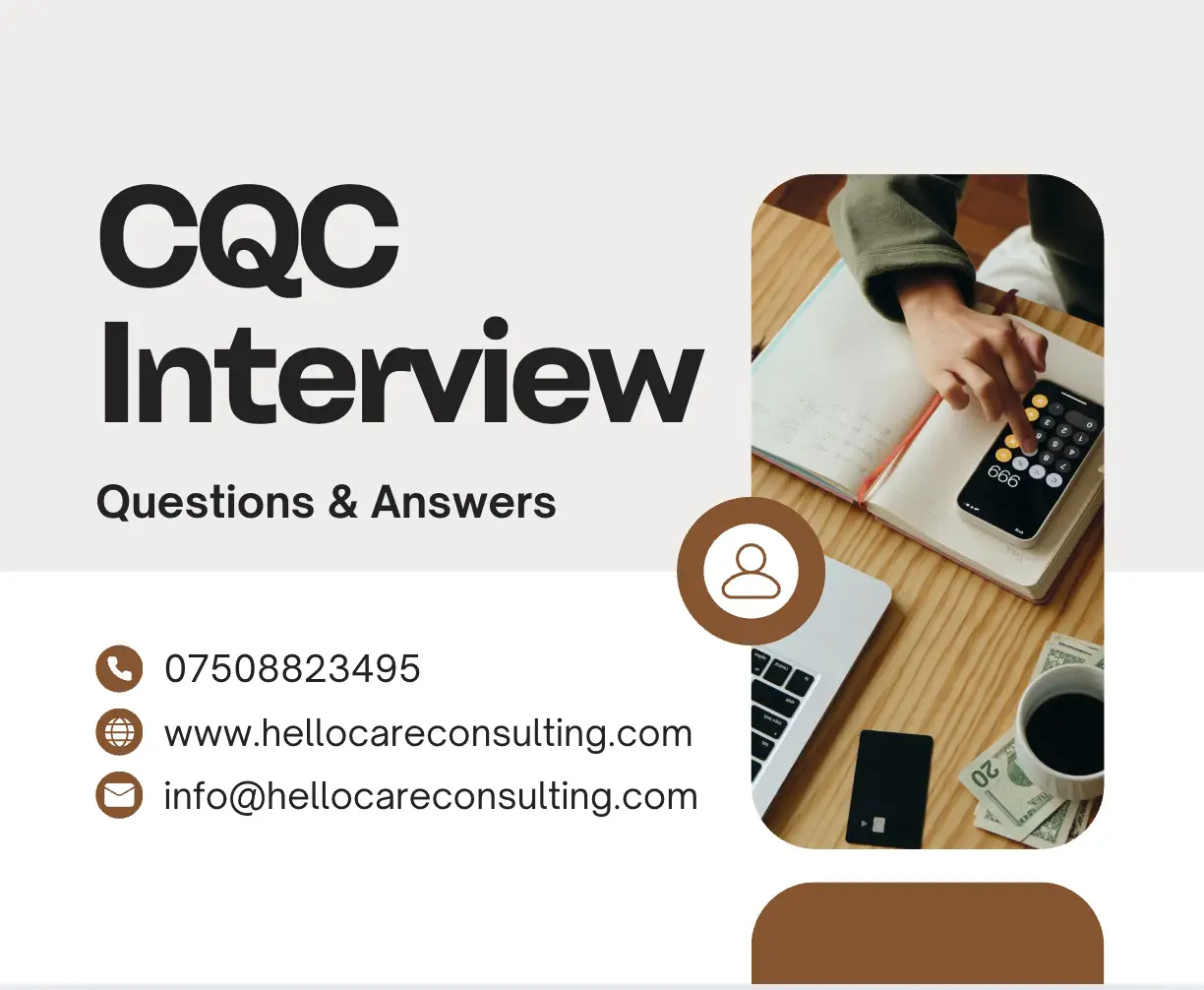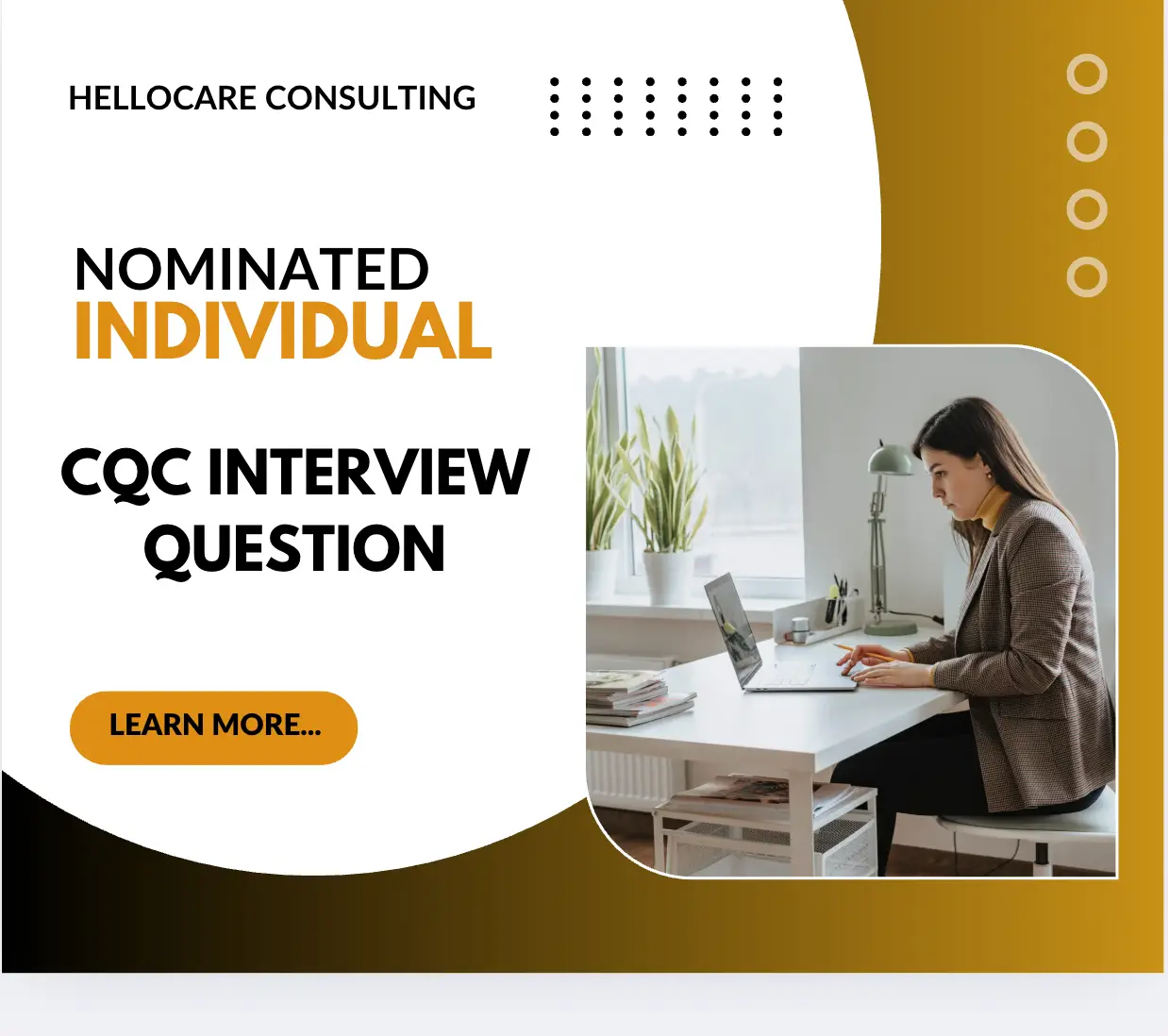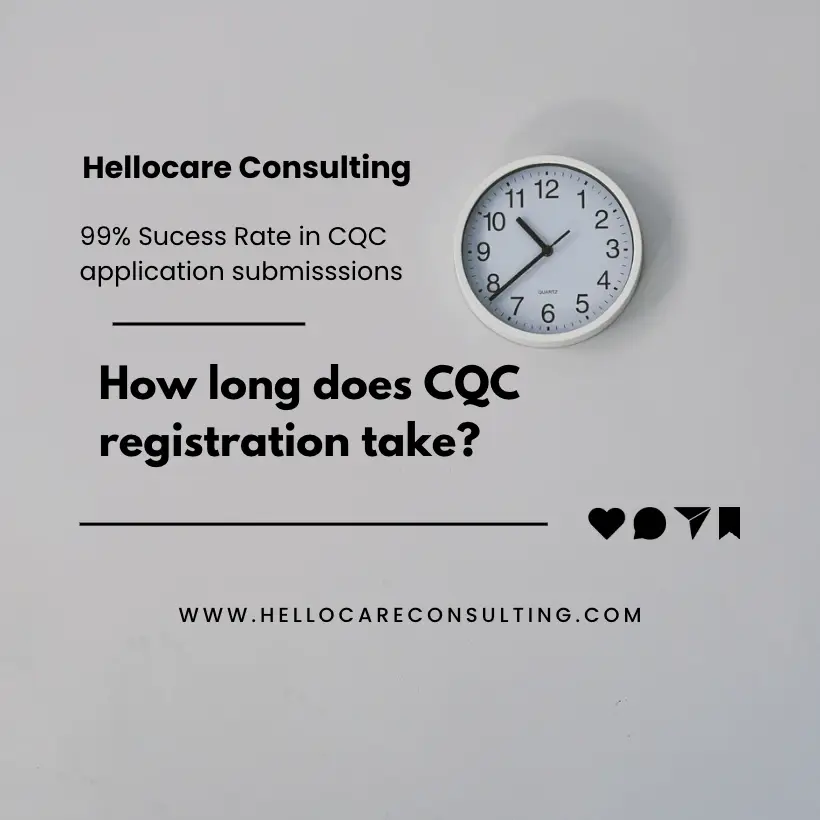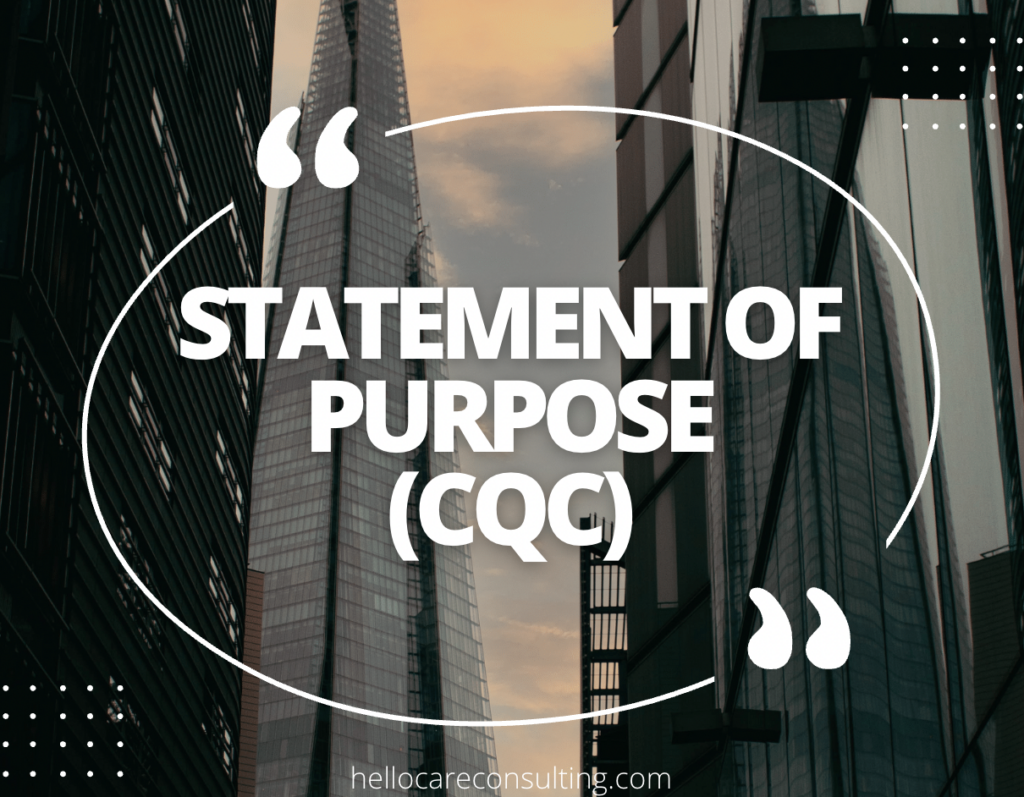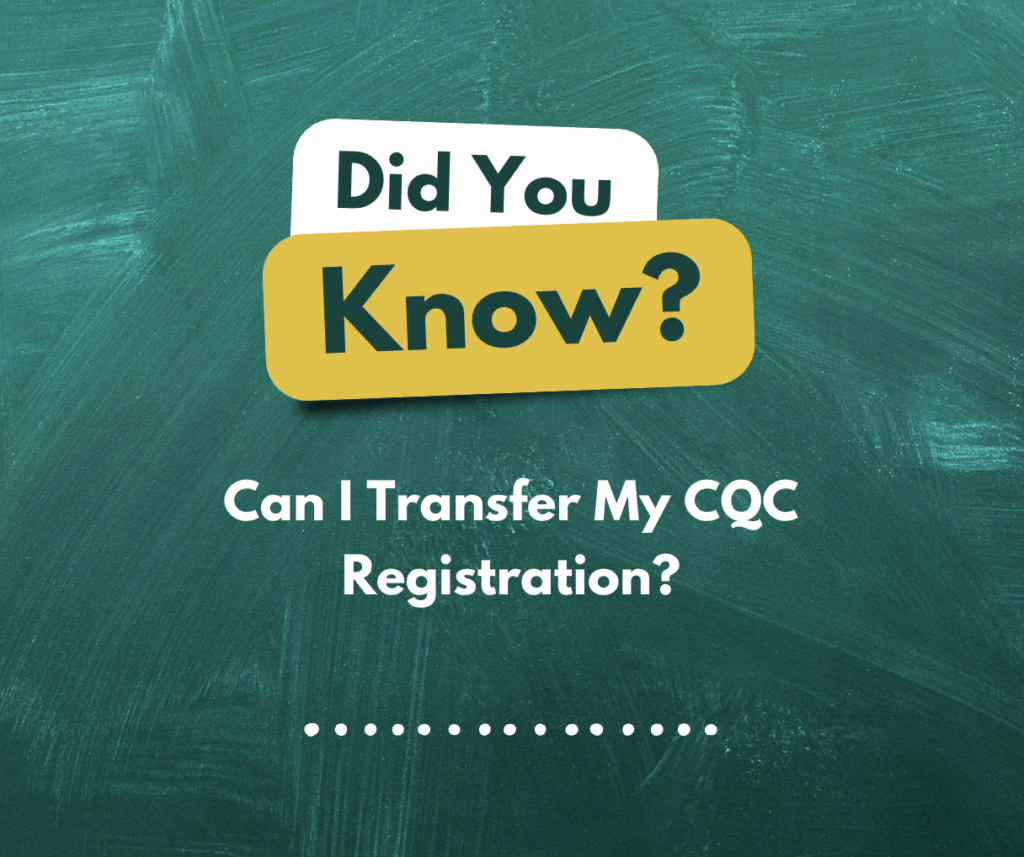Hellocare Consulting Unveils Exclusive Discount

Hellocare Consulting Unveils Exclusive Discount on CQC Registration Services
For Immediate Release
Streamlined support for home care agencies navigating CQC requirements
[London, 20 March 2025] – Hellocare Consulting is thrilled to announce an exclusive 5% discount on its comprehensive CQC Registration Service. Designed to assist home care agencies in meeting all necessary compliance standards with ease, Hellocare Consulting offers expert guidance to ensure a smooth and efficient registration process, allowing carers to focus on delivering exceptional care.
“We understand that the CQC registration process can be daunting, but it is crucial for delivering quality care,” says [Executive], spokesperson for Hellocare Consulting. “Our services are tailored to provide peace of mind to care agency owners, ensuring they are fully equipped to meet compliance requirements while focusing on their core mission.”
Benefits of Hellocare Consulting’s CQC Registration Service include:
- Comprehensive guidance through the CQC registration process
- Assurance of meeting the latest CQC compliance standards
- Demonstration of financial viability and agency readiness
- Expert support to avoid delays in service provision
The 5% discount is available for a limited time only, making this the perfect opportunity for home care agency owners to secure expert support at a reduced rate. Whether starting a new agency or expanding an existing one, Hellocare Consulting is ready to guide every step of the way.
About Hellocare Consulting: Hellocare Consulting is a trusted advisor for home care agencies, offering expert consultancy services to ensure compliance with CQC standards. With a focus on supporting care providers, Hellocare Consulting helps agencies navigate regulatory requirements, ensuring they can deliver exceptional care with confidence.
👉 Learn more about our successful CQC Registration service here: https://hellocareconsulting.com/product/cqc-interview-questions/
